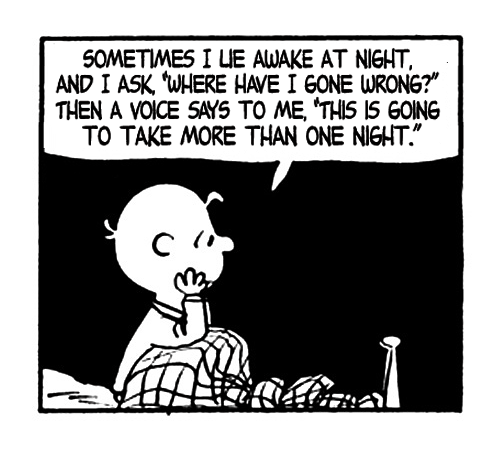I subscribe to David Farland’s blog “A Kick in the Pants.” It is dedicated to helping aspiring writers hone their writing skills but I read his articles for ulterior motives: occasionally, he cites interesting studies about reading and writing and studies about books and movies that I find interesting.
Today’s blog had something that I thought was really interesting and wanted to pass on:
One study he cited “showed how young white women, when asked to read a story written from the viewpoint of a black girl, showed increased empathy for blacks for months thereafter. [Another study] showed how, when a person reads about riding a bike, the portion of the brain responsible for motor skills begins firing up. In the same way, areas of the brain associated with language skills also fired, and so on. [Another study] pointed out that when people read, the number of neurons that fire in their brains continues to show increased activity by about 20 percent for days afterward. In other words,” he concludes, “reading makes you significantly smarter.”
As an author and as a father, I can see many other benefits as well. Reading helps people increase in their creativity skills (yes, it is a skill…), it helps them to engage in self therapy, it enhances their speaking skills, and it generally gets them thinking about a broader range of subject than other people who read less. Undoubtedly, we could brainstorm other obvious positive effects that come from reading were we to put our minds to the task. And despite the amazing and sometimes breathtaking special effects in modern movies, there is a growing number of people who are recognizing that the movie just can’t replace the book even when the storyline is carefully followed. Why? Because reading allows us to learn more about the growth of the character and to peer into their thoughts – these things make books more emotionally impacting and interesting. Perhaps, that is because it makes our brains fire up neurons that don’t get ignited when we watch the movie version …


